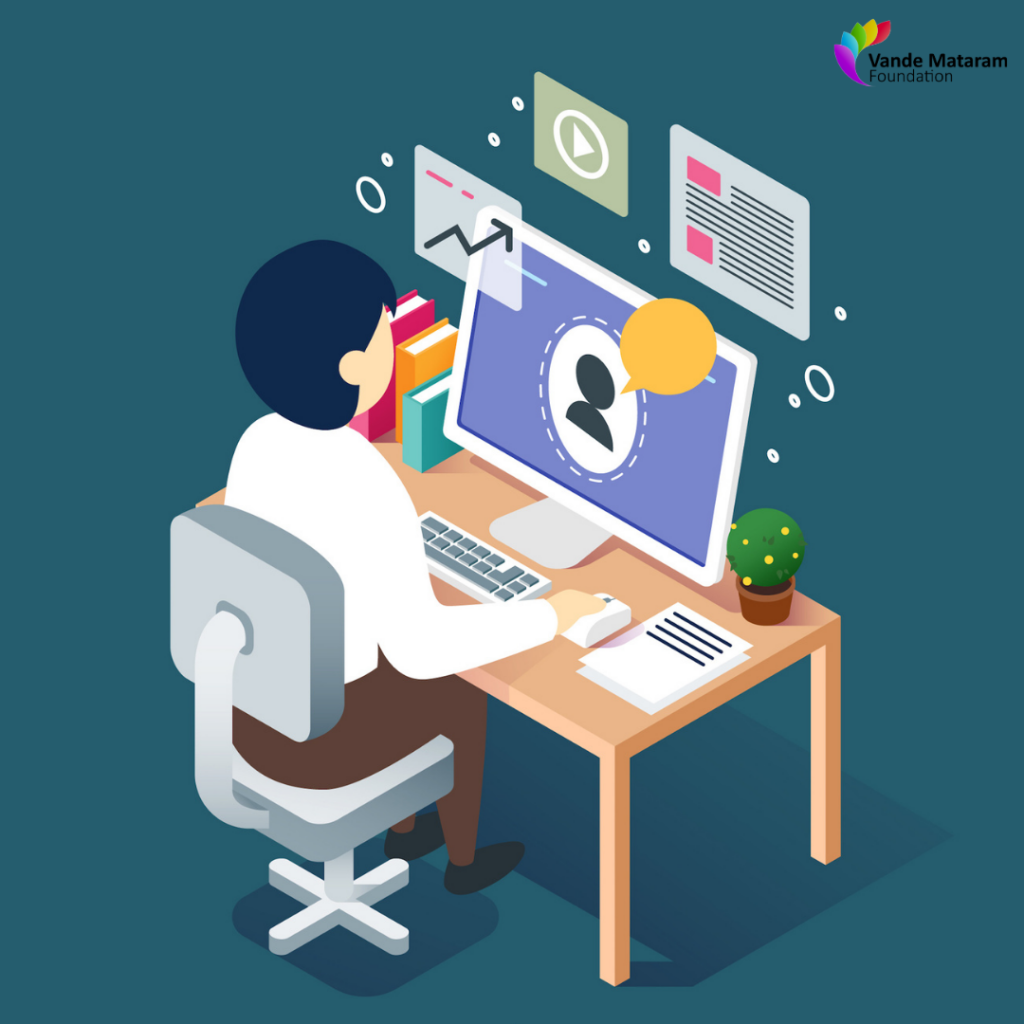Introduction: In today’s digital age, computer literacy has become an essential skillset for individuals of all walks of life. Whether you are a student, a professional, or someone simply looking to enhance your technological proficiency, mastering computer basics is a valuable endeavor. In this blog, we will outline a comprehensive guide to help you navigate the world of computers and acquire essential skills in just one month. By following this structured approach, you can gain confidence in using computers and unlock a plethora of opportunities in the digital realm.
Week 1: Getting Started with Hardware and Operating Systems
- Understand Computer Hardware: Familiarize yourself with the basic components of a computer, such as the CPU, RAM, hard drive, and peripherals. Learn their functions and how they interact to create a functioning system.
- Operating System Fundamentals: Explore popular operating systems like Windows, macOS, or Linux. Learn how to navigate the desktop, manage files and folders, customize settings, and install/uninstall software applications.
Week 2: Essential Software Skills
- Word Processing: Get acquainted with word processing software like Microsoft Word or Google Docs. Learn how to create, edit, and format documents, including text formatting, inserting images, and utilizing tables.
- Spreadsheet Manipulation: Explore spreadsheet software such as Microsoft Excel or Google Sheets. Understand basic formulas, create tables, perform calculations, and generate charts for data visualization.
Week 3: Digital Communication and Internet Skills
- Email Essentials: Master the art of email communication by setting up an email account, composing and sending messages, organizing your inbox, and managing attachments.
- Web Browsing: Learn how to effectively browse the internet, use search engines to find information, bookmark favorite websites, and ensure online security by understanding common threats and practicing safe browsing habits.
Week 4: File Management and Basic Troubleshooting
- File Organization: Develop good file management habits by creating folders, organizing files, and utilizing search functions to quickly locate documents.
- Basic Troubleshooting: Gain confidence in addressing common computer issues like slow performance, software glitches, or network connectivity problems. Learn how to perform basic troubleshooting steps and seek support when needed.
Throughout the Month:
- Online Tutorials and Resources: Make use of online tutorials, video courses, and interactive resources tailored for computer beginners. Websites like Khan Academy, Codecademy, and Udemy offer a wide range of free and paid courses to help you expand your knowledge.
- Practice, Practice, Practice: Apply your learning by actively using your computer for various tasks, such as typing documents, creating spreadsheets, and exploring new software applications. The more you practice, the more comfortable and proficient you will become.
Conclusion: Mastering computer basics in just one month is an achievable goal with dedication and a structured approach. By following this guide and immersing yourself in the world of hardware, operating systems, software applications, internet skills, and troubleshooting, you can build a solid foundation for computer literacy. Remember that continuous learning and practice are key to refining your skills. Embrace the digital realm with confidence, and unlock a world of opportunities as you navigate the vast landscape of technology.
